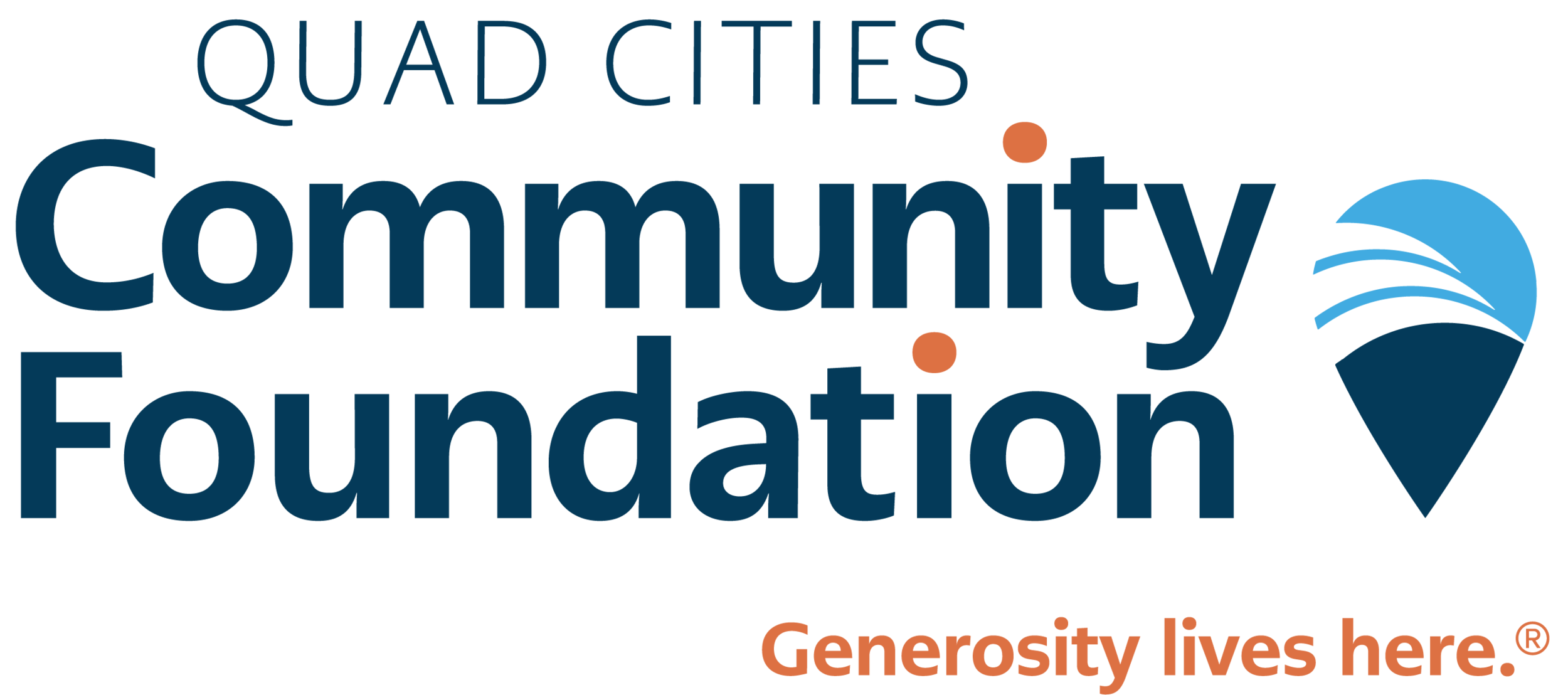Area nonprofits preparing for disaster through program at Community Foundation
Program seeks to ready nonprofits to meet increased need in times of crisis
With an average of 80 people each night staying at Davenport's Humility of Mary Shelter, Inc., a natural or manmade disaster that cuts off electricity, food or transportation would be crippling.
"In many ways, we are always functioning in crisis mode, so we rarely have the time to get beyond that to do structured planning in case of a disaster," said Christie Adamson, Director of Services at the Iowa nonprofit that provides emergency shelter for Quad Citians experiencing homelessness.
They are not alone, said Carrie McKillip, Unit Educator at the University of Illinois Extension.
But through a new program offered by the Quad Cities Community Foundation, that's about to change. McKillip is leading a series of trainings to prepare Quad City area nonprofits to continue to operate and meet increased need from the people they serve when a disaster occurs.
The program offered at the Community Foundation was created through knowledge and funding gained from the Community Foundation's participation in Philanthropic Preparedness, Resiliency, and Emergency Partnership (PPREP), a project of the Funders' Network for Smart Growth and Livable Communities to support a disaster preparedness, response, and recovery learning cohort for community foundations in an eight-state Midwestern region. The Community Foundation was one of just 18 such foundations selected to participate, said Kelly Thompson, Director of Programs at the Community Foundation.
"At the Community Foundation, we know that our local nonprofits are caring for our most vulnerable citizens every day, and that these citizens are disproportionately impacted when disaster occurs," said Thompson. "We need to make sure that these excellent organizations are still there to help them when a crisis does happen."
Through the program, select area nonprofit organizations participate in a workshop and then work one-on-one with University of Illinois Extension staff to formulate a disaster plan specific to their organization. The Community Foundation is hosting three workshops, with representatives from 30 regional agencies each attending one workshop. The first workshop was held in March. Nonprofits wishing to participate in the June and September workshops can submit an application online.
"Over the last few years, we've had several disasters, including ice storms, floods, and tornadoes," McKillip said. "It's every season. We are focusing on making sure these organizations are able to get back up and running as soon as possible to help the populations they serve, and that they can handle the influx of individuals who may be in need of their services."
Oftentimes the populations that nonprofits serve are the most vulnerable in a community, which is why it is so important to be prepared. Preparedness might be something as simple as having the contact list for all agency staff members, an agreement with other area homeless shelters or food banks, or even a back-up generator, McKillip said. "Crisis preparedness is one of the key aspects of community resiliency," she added. "If the nonprofit can't operate, it impacts the entire recovery effort."
Communication is paramount during a disaster, said Jennifer von Kaenel, Development Director at WVIK Quad Cities NPR. She attended the March workshop. "It made me think of things I wouldn't have," she said, including the fact that radio could be the only way some community members might receive information during a disaster. "People depend on WVIK to communicate in an emergency. They hear from us on what they need to do."
Meeting staff from area nonprofits gave her insight into the areas they might need help with during a disaster. "It helped us understand what our area nonprofits need and how they serve their clients," she said.
Adamson, who attended the March workshop, said the training has been invaluable to their organization. "This has been a structured way to plan," Adamson said.
Oftentimes disaster planning never gets done because the day-to-day operations take significant time and resources. "It gets pushed to the back. You put it on your desk and 10 years goes by," she added.
Meeting with staff from other local nonprofits was also important, she said. "When we get to the serious planning stage of what we want to do at our organization, it is nice to know that we can reach out and include them in our plan or just connect with them if we need to," she said.
McKillip said the one-on-one meetings will help organizations take that final step—putting a plan in place. The organizations will also be able to apply for a grant to fund tools or resources they might need, like purchasing a generator. "It is fabulous that the Community Foundation has committed to this," she said. "They understand the need for community resiliency, and the organizations participating are now better prepared to identify where they are most vulnerable, and develop and implement plans to support our region."
Applications are now being accepted from nonprofits to participate in the June and September trainings.

